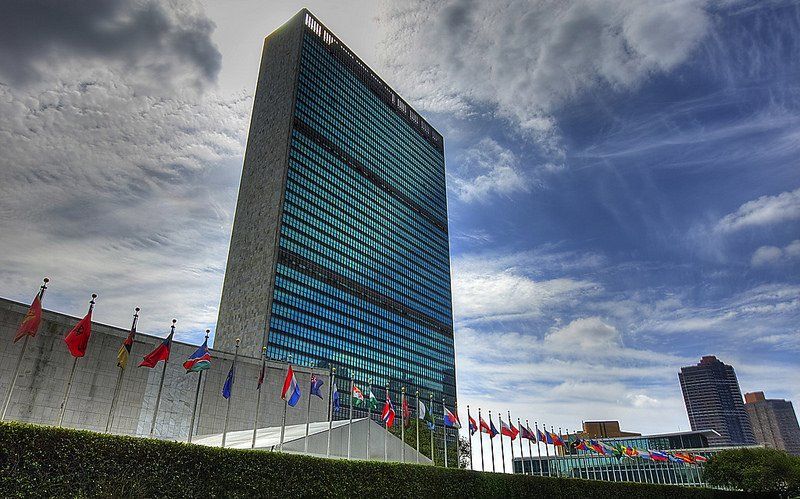Statement by representative of the Russian Federation Ms.Dina Gilmutdinova at UNGA informal meeting on the intergovernmental negotiations on the question of equitable representation on and increase in the membership of the Security Council and other matters related to the Council
Distinguished co-facilitators,
We welcome convening this informal meeting of the plenary on the issue of membership categories and veto right.
We repeatedly stated that the issue of membership categories remains the most controversial. So far, none of the formulas put forward in this context has received the overwhelming support of the UN member states. On the contrary, disagreements, i.a among major powers, became more explicit. We are convinced of the need to continue to seek consensus, and in the absence of consensus, it is necessary to guarantee the support of a significantly larger number of member states for one or another model of reforming the Security Council, than the formally required two-thirds majority. We know that there are different positions in favor of expanding permanent membership, and in favor of expanding non-permanent membership beyond two years. With the first option, we need to understand clearly the entire transformation model, namely which specific countries would be supposed take seats on the Council on a permanent basis. Though there are a number of worthy candidates, we see that there is no such clarity yet.
The implementation of the second model, on the one hand, could satisfy the ambitions of large and influential countries wishing to work in the Security Council for longer than two years. On the other hand, it would become a compromise in resolving the issue of categories of membership in a situation where the positions of the two main groups of states, first of which does and the second does not accept the idea of expanding the Security Council in both categories still remain opposite.
Against this background, we draw attention to the narrative of some delegations on what they believe is a politically advantageous topic – the veto right. We hear their proposals to the permanent members of the Security Council either to voluntarily limit veto use, or completely abandon it. In this regard, we would like to clarify again: the right of veto is not only a prerogative, but also a great responsibility for the permanent members of the Security Council.
The right of veto is the "cornerstone" of the UN architecture. Without it, this whole formation would lose stability. We should be mindful that veto is an important factor stimulating Council members to seek well-balanced solutions. The use of a veto or the threat of its use has more than once saved the UN from being dragged into dubious adventures. Without it, the Security Council would have turned into a body to rubber-stamp decisions dictated by a rather objectionable political approach to global relations that the relative majority would seek to impose. It is not the veto that should be criticized, but the absolute unwillingness of some members of the Council to hear and take into account opinions of others, to find well-balanced and compromise-based solutions, which often forces permanent members to use their veto right.
Veto is the most extreme measure that is invoked when other options have been exhausted. That is why, when referring to this tool, we give the most detailed clarification explaining why we use it. All of our performances are in the public domain. Moreover, it is not hard for us to give proper explanations on this matter to all member states of the General Assembly.
To conclude, we stress again that “ownership” in this negotiations process belongs to member states. Further progress at the IGN track is only possible if the maximum number of opinions is taken into account. Given the deep-rooted differences that currently exist, we see no prospects for transferring negotiations to a textual basis.
Distinguished co-facilitators,
We hope you will continue to be fair brokers. After all, your equidistant position is an important guarantee for the member states' confidence in you, which should open the way for finding much-needed compromises and solutions.
Thank you.
